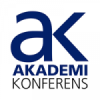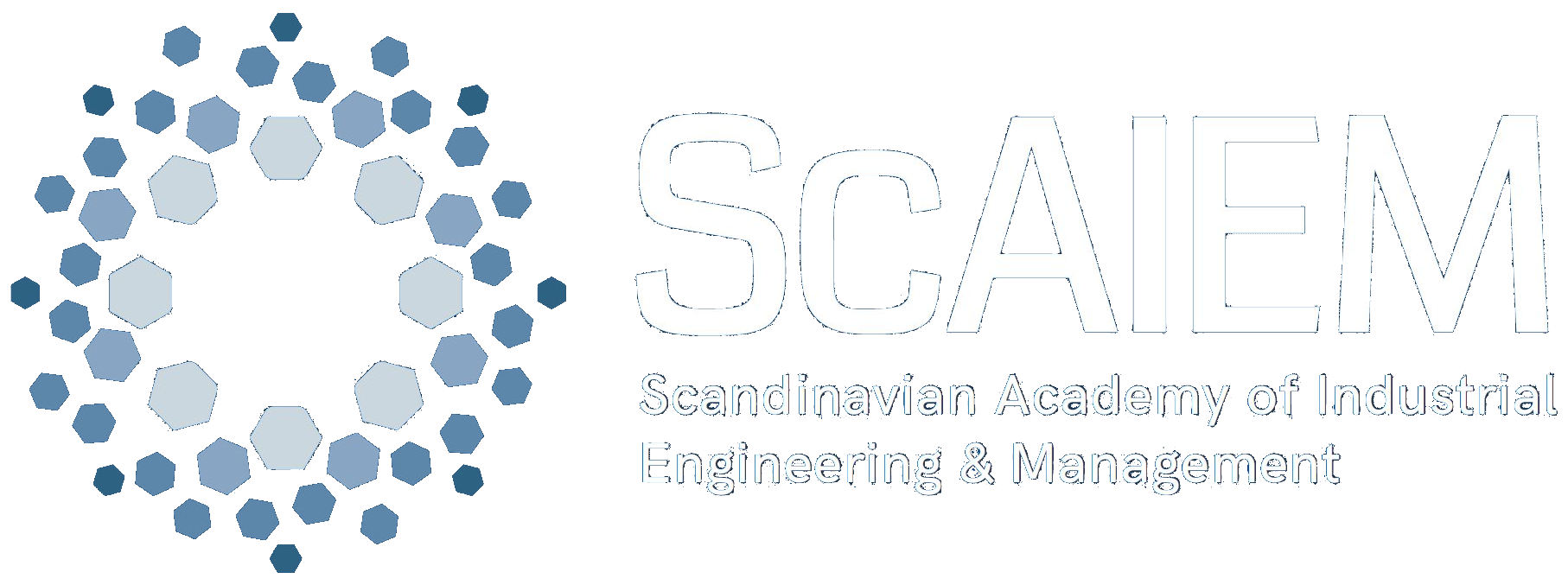The new missionaries? Mission-oriented approaches within Industrial Engineering and Management
Missions and mission statements are not new phenomena within the field of Industrial engineering and management. Already in foundational courses in IEM, we teach our students that organizations are expected to formulate a vision statement, which outlines the desirable future of the organization, accompanied by a mission statement that shows how this vision should be achieved while paying attention to the values and competencies of the organization. While some IEM educators might have considered these missions to be fluffy and akin to purpose-washing, quickly proceeding to more concrete and daily matters, the renewed focus on missions in the IEM discourse will most probably bring new light to such discussions. In the same way, the mission discourse has become the bread and butter of our institutions of higher education.
With the proliferation of mission-oriented approaches within different fields within and related to Industrial Engineering and Management, we see a need to critically and carefully scrutinize the notion of missions as a part of ScAIEM’s ongoing reflection on both research and education within IEM.
The focus on mission emphasises a distancing from shareholder-oriented profit maximation, trying instead to satisfy and promote the interests and desires of an array of human and non-human stakeholders, at a variety of scalar and temporal horizons. IEM education and research has often had a normative orientation in that it aims to help industrial organization to function in a better way. The focus on missions can highlight the need for researchers to contribute to organizational purposes in a variety of value domains, rather than merely promoting techno-economic efficiency. Thus, it goes in line with recent emphases on ethics, sustainability, circularity, and the sharing economy, emphasising value rationality rather than means rationality, bringing those topics more centrally into the core business of IEM.
Within mission-oriented innovation policy, the focus on missions is argued to be needing a renewed focus on the tools of government to drive goal-oriented experimentation, a focus on how public funding can support and drive other forms of investment, and how to engage with social movements and citizen participation in innovation processes.
While all this may sound highly desirable, one wonders how open missions are to critical scrutiny. Are missions perhaps less open to critique than notions of ethics and sustainability, indicating that missions are unnegotiable and something that need to be supported? Will the focus on missions jeopardize the conflicting and contested nature of ethics and sustainability?
How do mission-oriented approaches affect our teaching? Can we use the same teaching methods or do we have to renew not only teaching methods but also the learning outcomes of our programmes and courses? Can this broadened focus of IEM lead to proliferation and diversity of teaching and learning methods, such as experiential methods, service learning, arts-based methods? What will the role be of teachers as the new missionaries(?) to both promote the missions while also maintaining a philosophy of critical thinking and a problematization of formulations of missions and the way they are implemented?
How do mission-oriented approaches affect our research? Will all research from now on be framed as supporting different missions, and what are the implications of this instrumentality? What will be the roles of researchers as the new missionaries(?) conducting mission-oriented research in relation to the scrutinizing and critical approach which is also beneficial for research? How can we ensure that mission-oriented research still is research and that the future mission-oriented PhD students will receive a thorough research education?
At this conference, we invite the submission of work-in-progress papers, proposals for roundtable discussions, workshops, and other activities related to mission-oriented teaching and research within IEM. We aim for an open and inclusive discussion where a multiplicity of perspectives and voices are warmly welcome, not only from senior and junior scholars but also from students, and other stakeholders.
Rules
We invite you to submit contributions in one of these three categories
- Research
- Education
- PhD Students and Young Scholars
Submission extended deadline: 30 September 2022
Title: The abstract title is limited to 150 characters.
Authors and affiliations: First names, surnames and affiliations of each author must be provided in the dedicated fields. Do not include degrees or titles.
Text, in English: There is a 500 word limit for the abstract text. The title, authors’ name and affiliation are not included in this number.
Image: The abstract allows for no images.
Presentation type: Please indicate your preferred presentation type when submitting your contribution.
Contact
Academic Conferences
Box 7059
750 07 Uppsala, Sweden
Phone: + 46 (0) 18 67 10 03
E-mail: scaiem2022@akademikonferens.se
Important dates
25 May: Submission opens
6 July: Registration opens
30 September: Extended deadline for submission
9-11 November: Conference


